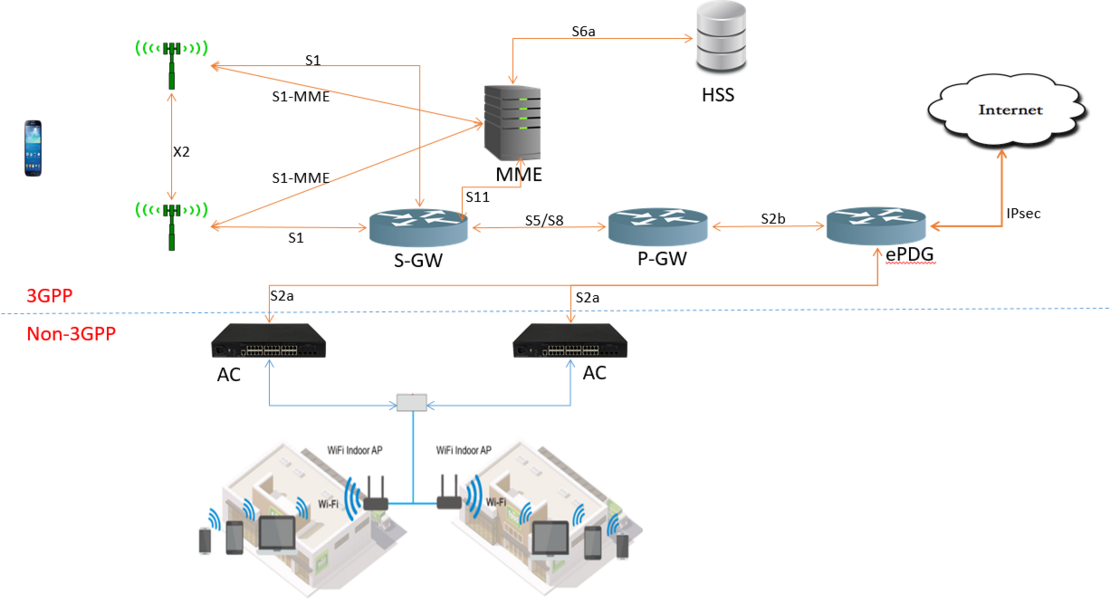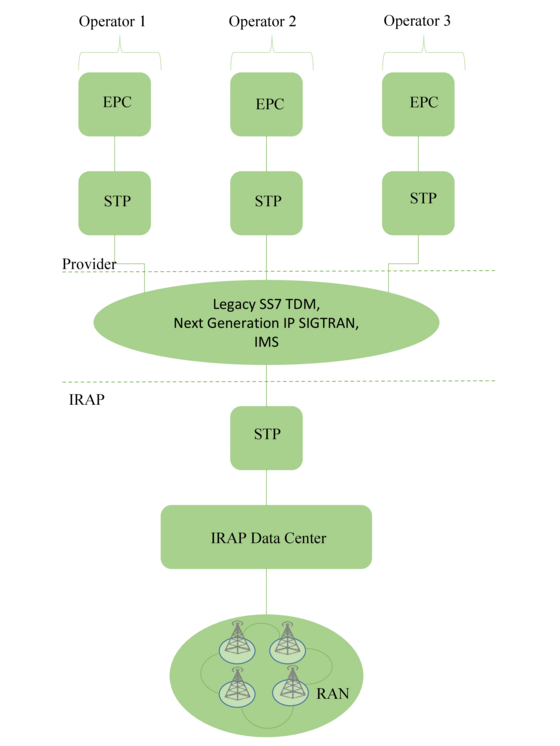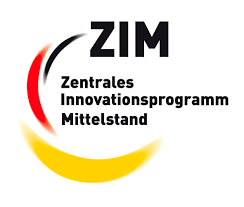iRaptor
Despite the high demand for mobile communication in public buildings such as e.g. Shopping centers, railway stations and large office buildings, current solutions are either not cost efficient (Distributed Antenna Systems) or cannot guarantee a quality of service (WLAN). The ZIM cooperation network BIC-IRAP is developing a scalable multi-operator capable and multi-technology supporting solution based on small-cells.
The exponential growth of mobile traffic requires a paradigm shift in the design of mobile and data networks, away from relatively large mobile cells to small access points that provide the required performance as needed. In the future, many high traffic density-building areas will no longer have to be supplied from the outside. Therefore, it is necessary to optimally combine different technologies (in particular WLAN and LTE) and at the same time to avoid parallel infrastructures, for example from different operators. With the combination of WLAN and cellular technology, it seems possible in the mobile sector to be able to offer fast and cheap network coverage with very flat architectures.


The research project "iRaptor" focuses on challenges for the realization of IRAP networks - especially the interaction with mobile network operators. This is of great practical importance, since an IRAP network operator usually does not have its own mobile phone licenses. In this project, solutions for a multi-operator capable and multi-technology supporting infrastructure for public buildings are developed and prototyped. The interaction of small cells and macro cells as well as different wireless technologies (WLAN, LTE) shall enable an effective traffic control for high quality mobile services. Thanks to its network-neutral shared infrastructure, an IRAP network operator can offer mobile network operators cost-effective in-house coverage. For this purpose, interfaces to the mobile network operators and evaluation standards (KPIs) for the compliance with agreed service level agreements (SLAs) must be developed.
Project partners: brown-iposs, Hochschule Osnabrück, TU Chemnitz, BISDN, NG4T, RWTH Aachen, Hotzone, Travelping.
Project Funding: Zentrales Innovationsprogramm Mittelstand (ZIM)
Budget: 190.000 EUR (Anteil Hochschule Osnabrück)
Project duration: 1.1.2018-31.12.2020
